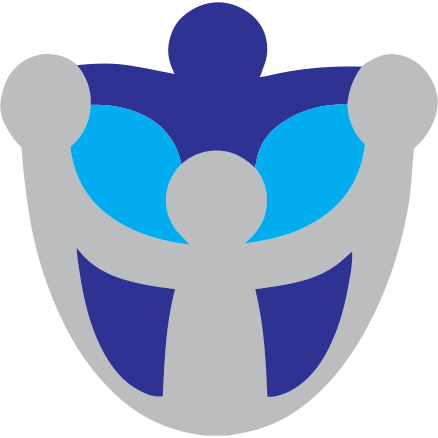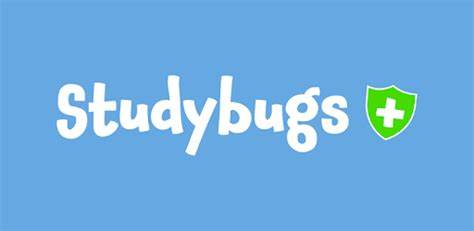Online Safety
Online Safety Tips for Children and Young People
The Internet is a real community of people who are connected by computers, so treat people that you don't know on the Internet as strangers that you might meet in a street.
* Do not give out any personal information related to your family, friends or yourself like full names, addresses, telephone or mobile numbers or those of your parents. Other information like the name and location of your school or details of school activities can also identify you to others.
* Be aware when choosing your username or email username not to pick a provocative name as you would be more likely to be sent provocative emails or harassed online.
* Never agree to meet someone whom you've met through the Internet, in real life without your parent's permission, and if they agree, never go alone, but go with a trusted adult.
* Use your common sense. Someone you are chatting to may not be who they say they are.
* Do not fill out forms online without consulting your parents or teachers. There are websites which seek personal information and which use this information for marketing or other commercial purposes. Always check a website's privacy statement. This describes what a website will do with your information.
* Do not open an email from someone you do not know as you may download viruses (which even come from people you do know), or it may have upsetting contents.
* Many chain emails or emails with virus warnings are hoaxes. Before you forward virus warnings to your friends and family, check that it is not a hoax.
* Never send pictures of yourself or any other personal material to a friend you met online without consulting your parents first.
* Always tell your parents/teachers if you come across stuff on the Internet which makes you feel uncomfortable, or if someone harasses or threatens you.
* Never respond to provocative, rude, obscene or threatening messages (whether in chat, newsgroups or message boards). Tell your parents/teachers about such messages and save a copy of the message so that your parents or teachers can forward it to your Internet Service Provider, or use it to make a police report.
* Always assess the information you read on websites. Because its on the Internet does not mean that its always truthful information, especially when it comes to health issues, or when you are doing research for homework. Check that the website you are using is from is a reliable and reputable one, not one built on hearsay.
* When subscribing to public newsletters or programs like media plugins or downloads that require you to give out an email address, use a separate email address from your personal one. This will lessen the number of unwanted emails that you receive.
* Be responsible and ethical when using the Internet whether at home or in a public online centre or cyber café, for e.g. not plagiarising information from the Net, using the computer equipment responsibly, not causing harm to others through your online activities.
All information from www.wisekids.org.uk/online_safety_tips_kids.htm
For more information - check out https://www.thinkuknow.co.uk
and the NSPCC https://www.nspcc.org.uk/preventing-abuse/keeping-children-safe/online-safety

